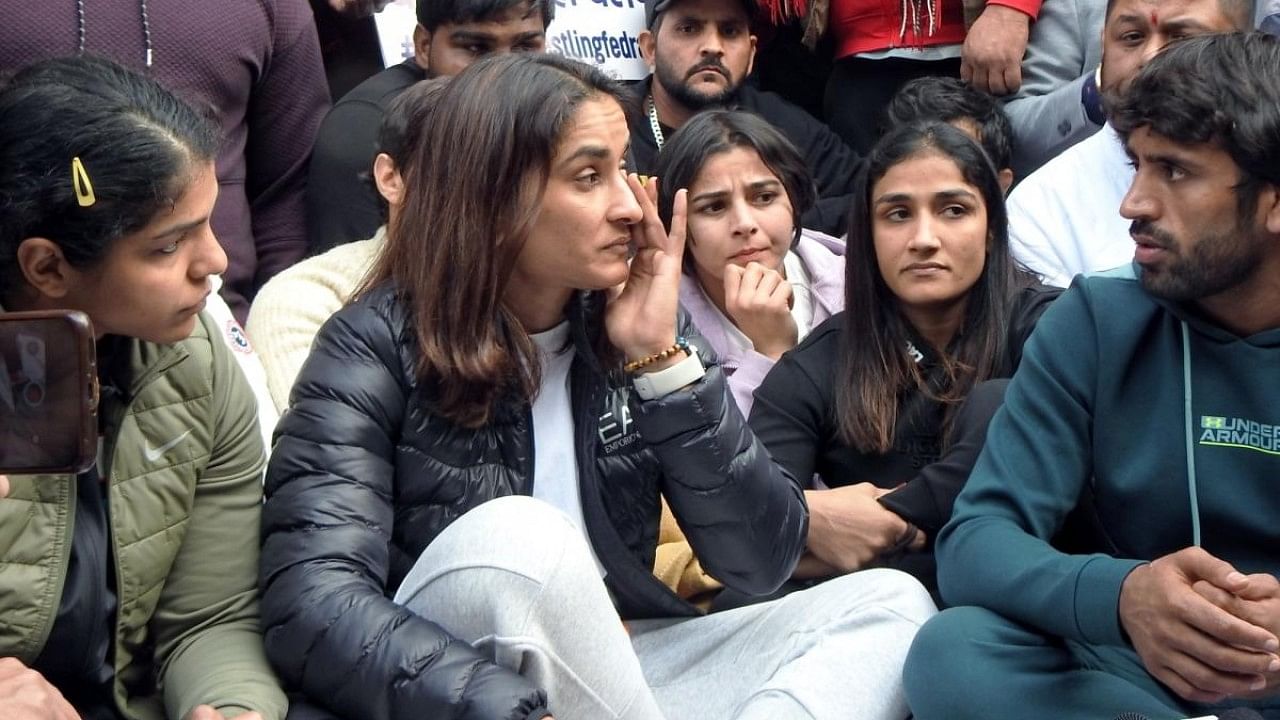
The government’s decision on the demand for action by a number of women wrestlers against the alleged persistent sexual misconduct by Brij Bhushan Sharan Singh, president of the Wrestling Federation of India (WFI), falls short on important grounds. The protest was led by well-known athletes Bajrang Punia, Vinesh Phogat, Sarita Mor and Sakshi Malik, and they sought the dismissal of Brij Bhushan Singh from his position. The government announced that he would step down from his position till a committee that was to be set up to investigate the charges submitted its report. Committees are usually signs of compromises or means to delay decisions on an issue. The government dillydallied on a decision on the wrestlers’ demand for three days. It was only when it realised that their protest was evoking massive public sympathy that it deigned to talk to them and announced that Singh would temporarily move away and a committee would be set up.
In the normal course, when sexual harassment charges are made and the internal committee system is non-existent or dysfunctional, a police case must be registered and investigations made. In this case, the charge is that many women wrestlers were harassed and that they did not have the courage to go public because the accused is a powerful person. Singh is a five-time MP and a powerful leader of the BJP. He has been president of the Wrestling Federation for over a decade. He is very influential in the party and in the sports field. That could be the reason why he is being treated with kid gloves even when serious charges have been made against him. It is easy to imagine what would have been the response if the same charges had been made against a less connected person, or an opposition party leader. The wrestlers who made the charges are unhappy that the members of the probe committee were finalised without consultation with them, though they had been told that they would be consulted. Taking the complainants into confidence would have created greater trust in the working of the committee not only among the complainants but among the public also. It should be remembered that the public is also a party because the charges are public and are against a person in public life. It is unfortunate that this was not done.
The charges and the way they were handled expose many faults in the system and the rot within. There was no credible grievance redressal system in the wrestlers’ body which the aggrieved athletes could trust. Women, even those who are well-known, find it difficult to have their grievances attended to and redressed promptly and effectively. The system works against them.